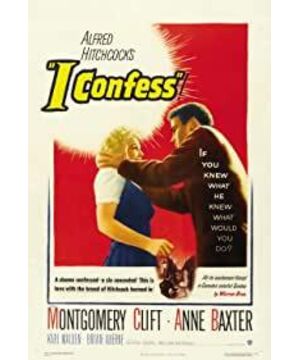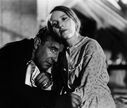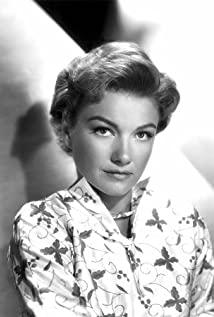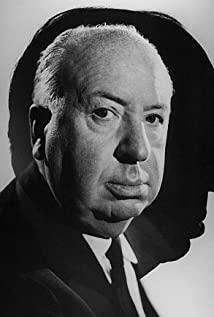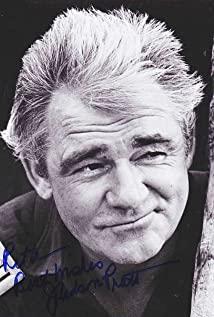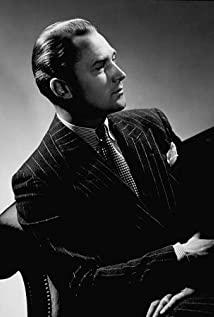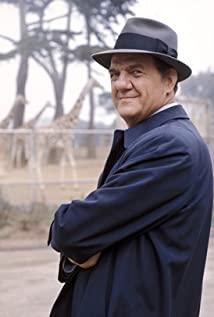The murderer confessed to the priest that he had killed someone. All the evidence points to the priest as the murderer, the physical evidence is a bloody vest, and the motive is that the deceased blackmailed the priest and his girlfriend before the priesthood, plus the perjury of the murderer, and the sharp accusations and inferences of the prosecutor. . The priest also has his own professional ethics: the content of the confession must not be leaked to others. He insisted, so the scapegoat was about to betray. . The court allowed the jury to make a verdict, and the jury found the priest innocent. The priest was simply Simpson when he was released in court, and was cast aside by countless people. Hitchcock climaxed all the contradictions at this time, and the murderer revealed himself.
The suspense here does not lie in the circumstances of the case, but in how to get rid of the guilt under the contradiction of the priest himself. It is really a good thing to think that there are priests in the God Church who listen to confessions. Those who believe in God are blessed.
I also watched Hitchcock's The wrong man (Chinese translation of "The Revenge") shot in 1956. It's a bit boring. The shared feeling is that when you encounter a disaster in your life, you are really weak and weak, and you can only leave it to fate and the future is at a loss. Even with strong beliefs like a priest, he still feels painful and confused. The truth of life can only be doing everything and obeying the destiny?
View more about I Confess reviews


